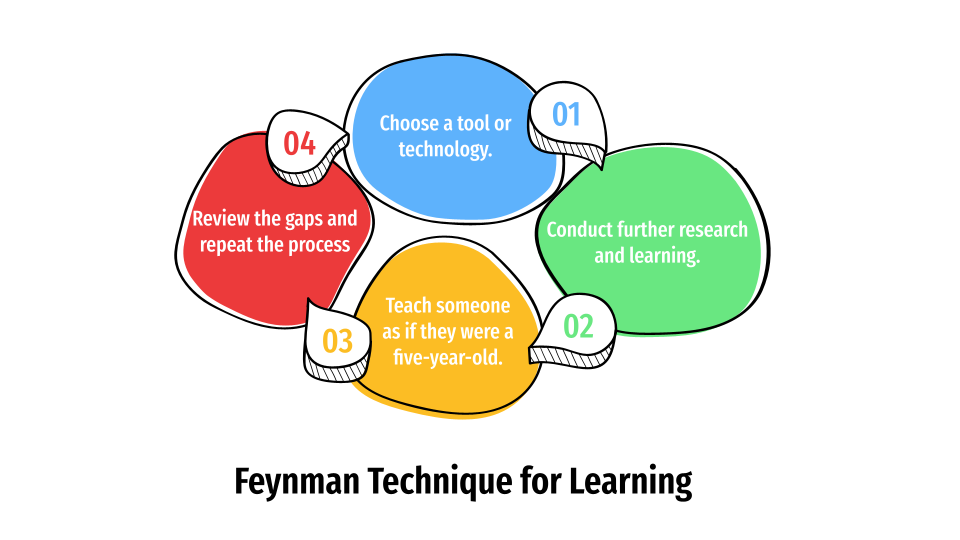We’ve all experienced the irritability and lack of focus that follow a poor night’s sleep. But the effects of sleep deprivation go far beyond just feeling groggy. Sleep plays a crucial role in maintaining our mental health, influencing everything from mood to memory. In fact, chronic sleep issues can lead to—or worsen—mental health conditions like anxiety, depression, and stress. In this Wellness Corner article, we will be exploring sleep’s role in mental wellness.
So, why is sleep so important for our mental well-being? And how can we improve our sleep habits for better emotional health? Let’s dive into the essential connection between sleep and mental health.
Why Sleep is Crucial for Mental Health
Regulating Emotions
During sleep, particularly in REM (Rapid Eye Movement) cycles, our brains process emotions. Dreaming allows us to sort through experiences, reduce emotional intensity, and better manage stress. When we don’t get enough sleep, the brain’s ability to regulate emotions becomes compromised. This makes it harder to handle everyday stressors, and we become more prone to emotional outbursts and mood swings.
Supporting Cognitive Function
A well-rested brain functions more effectively. Sleep is essential for consolidating memories, enhancing learning, and improving decision-making. When we are sleep-deprived, our cognitive abilities suffer, making it harder to focus, solve problems, and remember important information. Over time, this can lead to increased frustration and a decline in mental clarity.
Reducing Anxiety and Depression
Sleep problems and mental health issues are deeply interconnected. Chronic insomnia and other sleep disorders have been linked to higher rates of anxiety and depression. On the flip side, people with anxiety or depression often experience disrupted sleep patterns, creating a vicious cycle. Improving sleep quality can have a profound positive effect on reducing symptoms of these mental health conditions.
Restoring the Body’s Stress Response
Sleep is when our bodies and minds recover from the stresses of the day. If we don’t get enough restorative sleep, our stress hormone levels (like cortisol) remain elevated, leading to higher levels of anxiety and physical tension. A proper night’s rest helps reset the body’s stress response, allowing us to feel more relaxed and in control during waking hours.
Preventing Mental Fatigue
Sleep deprivation doesn’t just cause physical tiredness; it leads to mental fatigue. When our brains don’t get the rest they need, we struggle to cope with daily demands. This can make us feel overwhelmed, even by minor tasks. Over time, this constant mental fatigue can contribute to burnout, a condition characterized by emotional exhaustion and detachment.
How to Improve Your Sleep for Better Mental Health
Create a Consistent Sleep Routine
Going to bed and waking up at the same time every day—even on weekends—helps regulate your internal clock. This makes it easier for your body to naturally fall asleep and wake up, promoting better overall sleep quality.
Limit Screen Time Before Bed
The blue light emitted by phones, computers, and TVs can interfere with the production of melatonin, a hormone that controls your sleep-wake cycle. Try to avoid screens at least an hour before bedtime to help your brain wind down for the night.
Practice Relaxation Techniques
Activities like deep breathing, meditation, or gentle stretching before bed can help relax your mind and body. These techniques signal to your brain that it’s time to sleep, making it easier to fall asleep and stay asleep throughout the night.
Create a Sleep-Friendly Environment
Your bedroom should be a calm and relaxing space. Keep it cool, quiet, and dark, and invest in a comfortable mattress and pillows. If outside noise is an issue, consider using earplugs or white noise machines to create a peaceful environment.
Watch What You Eat and Drink
Avoid heavy meals and caffeine close to bedtime. Caffeine can disrupt sleep patterns, while eating large meals late at night may cause discomfort and indigestion, making it harder to fall asleep.







